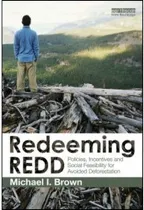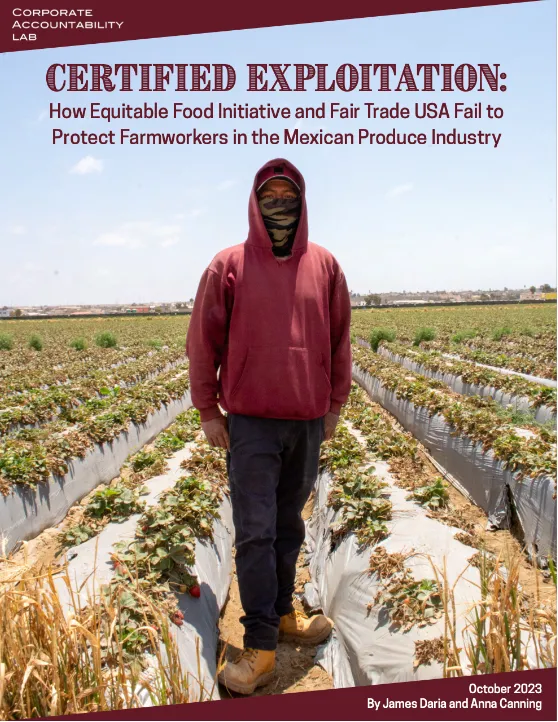This book by Michael I. Brown presents a major critique of the aims and policies of REDD as currently structured, particularly in terms of their social feasibility. With deforestation being a key source of greenhouse gas emissions and of climate change, and forests representing major sinks for carbon initiatives such as REDD, reducing emissions from deforestation and forest degradation, have however been widely endorsed by policy-makers.

Redeeming REDD therefore deals with the key issue of the feasibility of carbon trading or other incentives to encourage land-owners and indigenous people, particularly in developing tropical countries, to conserve forests, rather than to cut them down for agricultural or other development purposes. The claims to be able to reduce greenhouse gas emissions as well as enhance people's livelihoods and biodiversity conservation are unrealistic.
For more information see the Routledge publishing page for the book.
Citation: Brown, M.I. (2013), Redeeming REDD: Policies, Incentives and Social Feasibility for Avoided Deforestation Routledge, London and New York.




Comments (0)